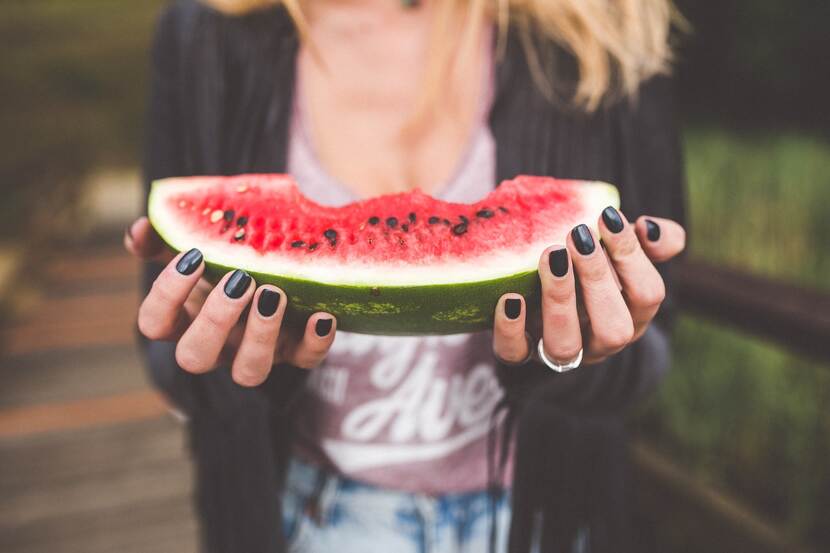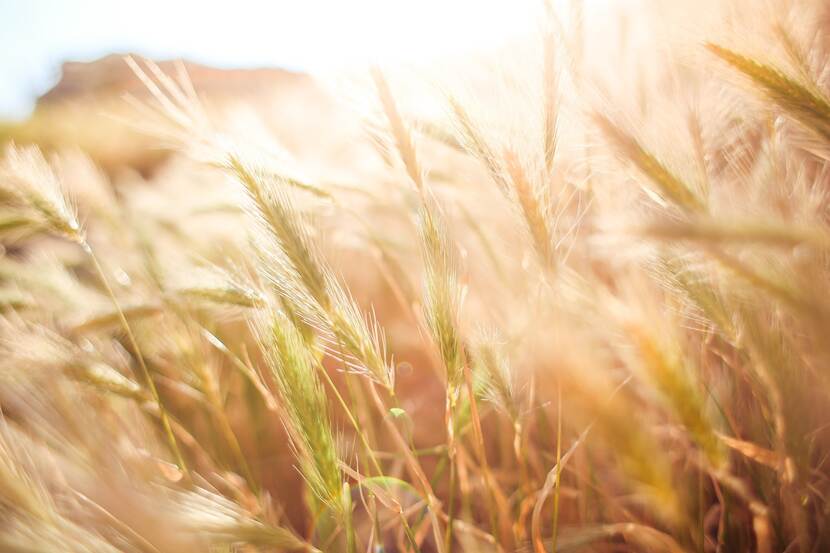Serbia: Highest prices and lowest yields of raspberries ever
Despite appearances, the situation is not ideal for Serbia’s “red gold.”

The most important news when it comes to raspberry production in Serbia is this year's purchasing price of raspberries, which is around €3.5 per kilogram. The public sees it as a big profit for producers, the state as progress, and no one is dealing with facts and real calculations.
24.000 hectares of land have been officially registered as raspberry plantations on the territory of Serbia. This does not reflect the real situation. Due to the state's attempts to support farmers through subsidies, farmers reported higher plantation area figures.
Production figures for raspberries in Serbia were in the range of 80.000-100.000 tons several years ago, which is far from this year's yield but also the yields in the last couple of years.
In Western Serbia, from the village Ivanjica to the Mountain Zlatibor and north to Bajina Basta, lies the most important raspberry production area in Serbia. The harvest is in full swing, which has never been later. Berry producers and raspberry plants went through a tough time together this year. Frosts and huge turbulences of hot and cold weather with temperatures in June over 40°C and natural disasters, drastically decreased the expected yield of raspberries. However, the best case scenario is halved yields at the plantations with anti-hail protection nets and irrigation systems. The production of “red gold” in Serbia is stagnant, there is no strategic approach and the price is dictated by the world market, where the supply is decreasing. Frost, drought and hail have taken a toll not only on this year harvest but also the next.
"An overview and a healthy “cut” in the raspberry production must be made. We are done with meetings with incompetent people. If there is no other way than the experts must say how to copy pattern of production from serious world producers. The assortment and planting material need to be changed, there must be anti-hail and anti-rain protection, irrigation systems as well as new technologies in production. That is the only way to return to the position of recognized raspberry producer in the world and for Serbia to return to the place it belongs to. We simply lost production because we have “ad hock” attack on producers for more than ten years, everything happens on a daily basis and there is no systematic solution to the problem, " stated Mr Bozo Jokovic, President of Agro Eco Cooperative from Arilje for N1 TV.
“In terms of production, nothing spectacular has happened, producers will probably earn less than last year due to the reduced yield. The solution is not a high price of €3.5/kg, but a strategic production plan.“
“Raspberries can revive Serbia. Nobody followed the story in the media when raspberries were €0.7 and €0.3/kg. But now the price of €3.5/kg is important. Nothing is worth the price when there are no raspberries," explained Mr. Jokovic, who believes that the state should stand behind raspberry production, which is the only way for Serbia to maintain this type of production.
Meanwhile, in other news
The Budapest-Belgrade team brings you curated newsflashes every Friday afternoon. These are quick, digestible, to-the-point briefings about all the latest developments in the Serbian and Hungarian agro sectors.
Today we bring you:

In the latest Hungary Newsflash, you can find out more about a new ecological farming subsidy, the successful muskmelon and watermelon season, climate change-induced wildfires, the struggles of potato farmers and Hungarian research results in mushroom farming and biodiversity enhancement.

In this week’s Serbia Newsflash, you can read about EU accession news, the increased trade with Russia, that a new Free Trade Agreement now enters into force, the amazing wheat harvest, maize shortages, CEFTA regional single market progression, and Serbia’s rising export figures.